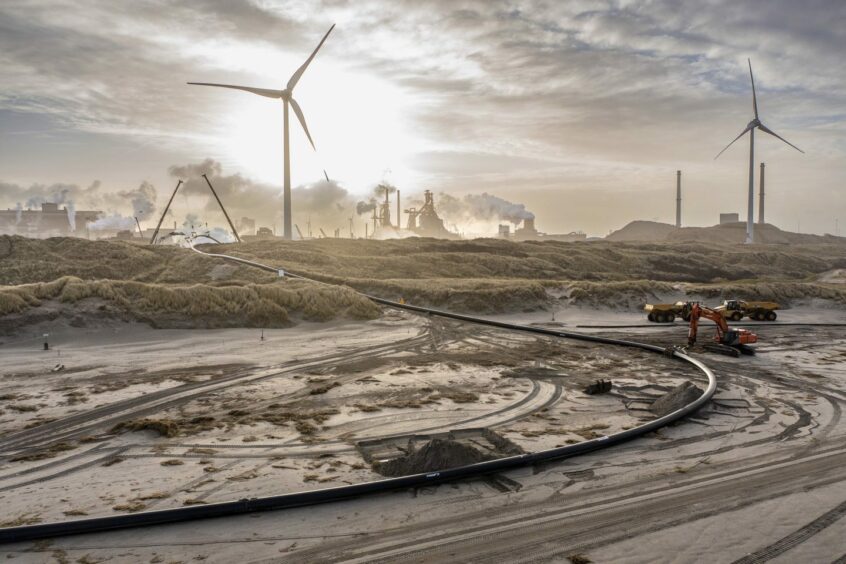
Germany’s buyout of its biggest power grid operator from the Dutch state is likely to be postponed until next year following the collapse last month of the Netherlands government and with little prospect of a new administration anytime soon.
Germany made an initial non-binding offer for TenneT Holding in May and the Dutch responded in June, according to people familiar with the negotiations. However, the implosion of Prime Minister Mark Rutte’s ruling coalition in The Hague interrupted the decision-making process ahead of a national election scheduled for 22 November.
While the Germans are prepared to pay about €20 billion ($22 billion), the Dutch are expecting closer to €30 billion, said the people, who asked not to be identified discussing confidential information.
Since then, talks have been on hold, also due to the Dutch parliament’s summer recess which ends 4 September.
It may take months for the deal to be sealed after the election as the fragmented political landscape makes it impossible to form a government without a coalition and typically prompts lengthy and difficult negotiations.
After the recess, the Dutch parliament will decide on which issues it will declare controversial. If the Tennet sale is among them, the caretaker government will have to put the talks on ice until a new administration is formed.
A spokesperson for the Dutch energy ministry declined to comment. A spokesman for the economy ministry in Berlin, which oversees Germany’s power network, said he was unable to provide information on ongoing talks that are confidential.
Although it’s technically possible for the Dutch parliament to give the caretaker government the green light to sell the TenneT stake, it’s also unlikely to happen as some officials are still against selling it, the people said.
The acquisition of TenneT’s German network is designed to consolidate Germany’s power grids and bolster the electricity sector in the midst of a challenging transition to clean energies, the phase-out of nuclear power and uncertainty triggered by the loss of energy supply from Russia.
The German power network needs an overhaul to help cope with volatile renewables generation and the government in Berlin is keen to maximize its control over the domestic electricity grid.
 © Supplied by Bloomberg
© Supplied by Bloomberg